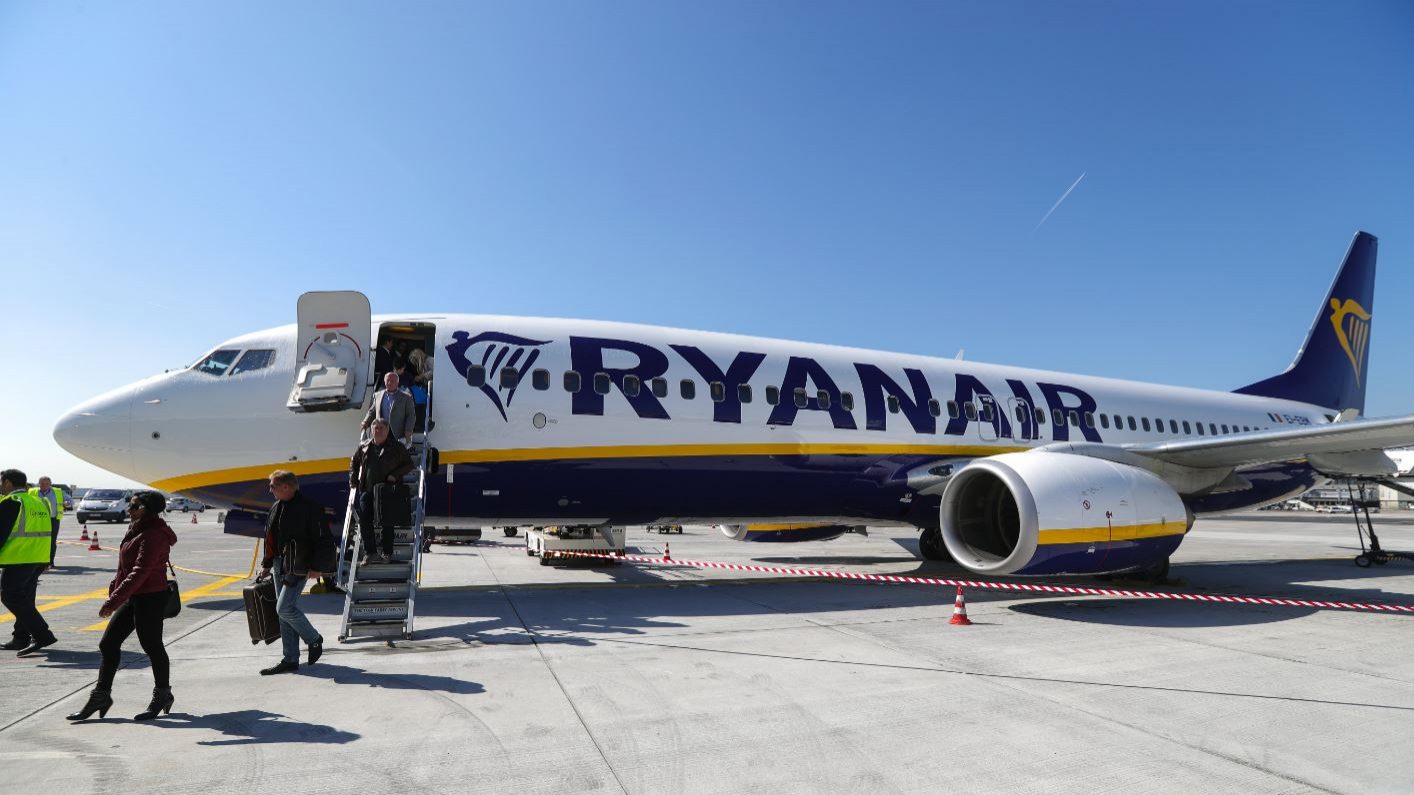Low positivity rate decisive in English air corridor ruling
Boris Johnson's government decided to keep Portugal on the list of countries exempt from quarantine because of the low 'positivity rate'.
The British government decided to keep Portugal on the list of countries exempt from quarantine in England because of the low ‘positivity rate’, the UK transport secretary said on Friday, regarding the difference with Scotland and Wales.
Grant Shapps told the BBC today that the criterion was the number of cases that tested positive, considered “very important because we don’t want to exclude countries for doing the right thing and doing a lot of testing.”
According to Shapps, when the UK included Portugal in the ‘travel corridors’ two weeks ago, the country had a positivity rate of 1.8% and this week it was 1.6%, a positive trend.
So far, the United Kingdom has favoured another indicator, that of the number of positive cases per 100,000 inhabitants, triggering the restrictions and entry to the list of countries obliged to be quarantined for 14 days when the figure rises above 20 cases per 100,000 inhabitants, which happened in Portugal this week.
However, he admitted that there is a “large number of tests conducted in Portugal and this tends to increase the numbers.”
“We have to look at the positivity rate, otherwise we end up punishing countries that are doing the right thing,” he said.
For Welsh health minister Vaughan Gething, the situation in Portugal “is clear” because there’s an increase in the [infection] rate in Portugal, particularly in areas that people have to cross to travel, like Lisbon, a city that many tourists also visit.
“It has a level of risk where we usually make decisions to introduce quarantine and I don’t think it would be consistent not to,” he told the BBC as well.
The reason for excluding the Azores and Madeira from quarantine, “is because they have a different classification and because they have entry tests,” he explained.
The United Kingdom introduced the need for self-isolation for 14 days for all people arriving from abroad on 8 June to avoid importing infections with Covid-19, but a month later it exempted about 70 countries and territories, considered low risk.
Portugal was added to the list of countries with ‘travel corridors’ to the UK on 22 August.
On Thursday, Wales and Scotland decided to put Portugal back on the list of countries whose passengers have to be quarantined on arrival.
The Welsh government has also decided to apply restrictions to six Greek islands and French Polynesia and Gibraltar, while Scotland requires quarantine on those arriving from anywhere in Greece and French Polynesia, but not Gibraltar.
The British government has decided not to change the list that applies, so Portugal, Greece, French Polynesia and Gibraltar remain on the list of countries of the ‘travel corridors’, exempted from quarantine on arrival in England, an option replicated by Northern Ireland.
Aware of the risk of confusion over the advice given to travellers, the British transport secretary admitted that coordination between the different nations of the United Kingdom was “preferable”, but recalled that different rules were also applied during confinement.
“Autonomous administrations have their own laws and rules and apply them. (…) I’m very determined and I try to coordinate, some weeks more successfully than others, with the other administrations so that we can announce at the same time and, ideally, announce the same thing,” Grant Shapps said.


